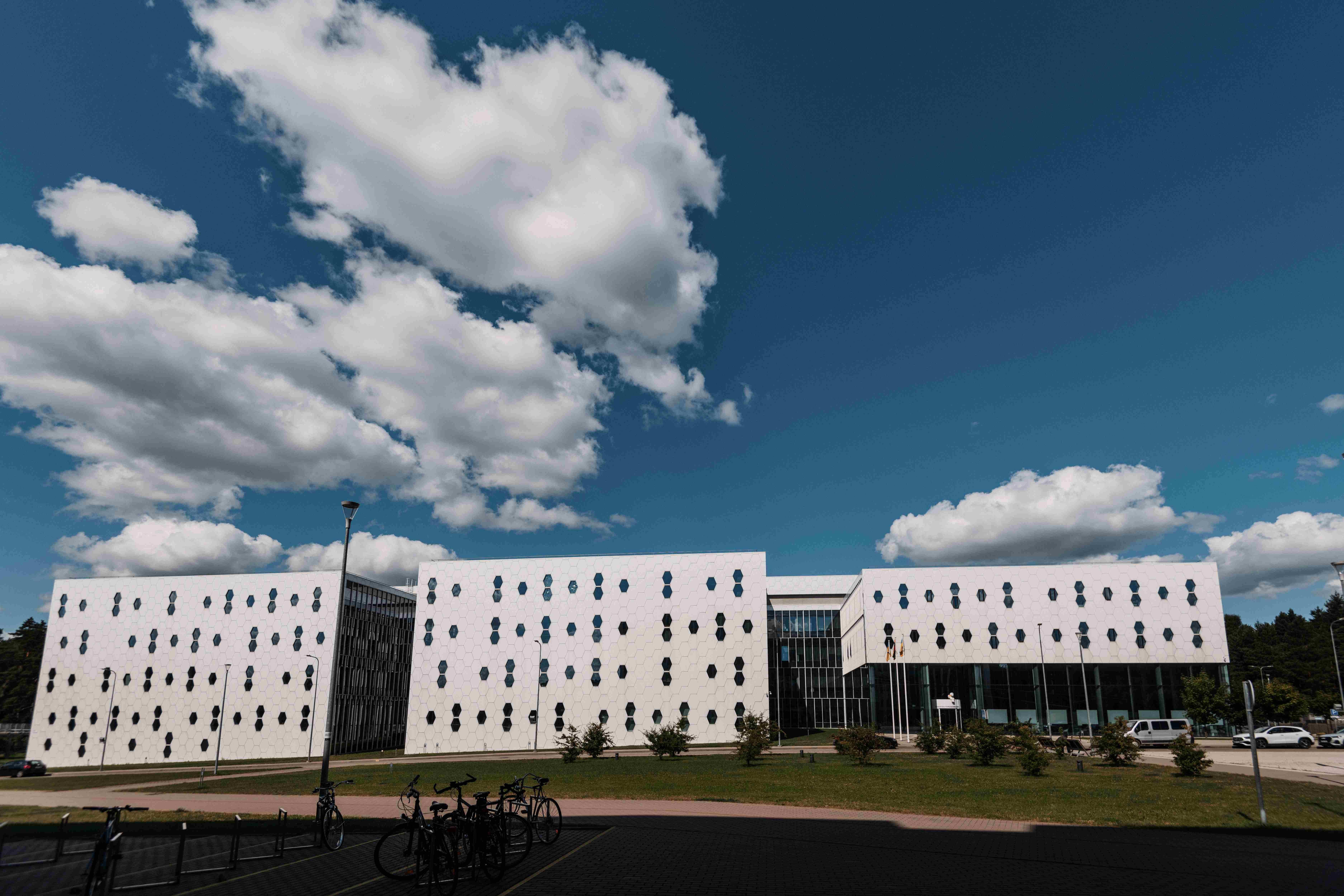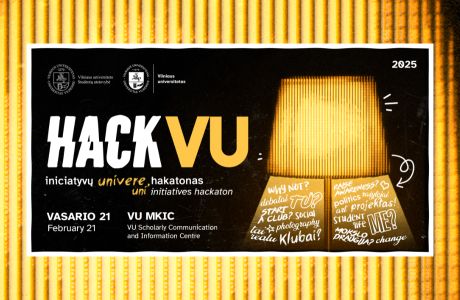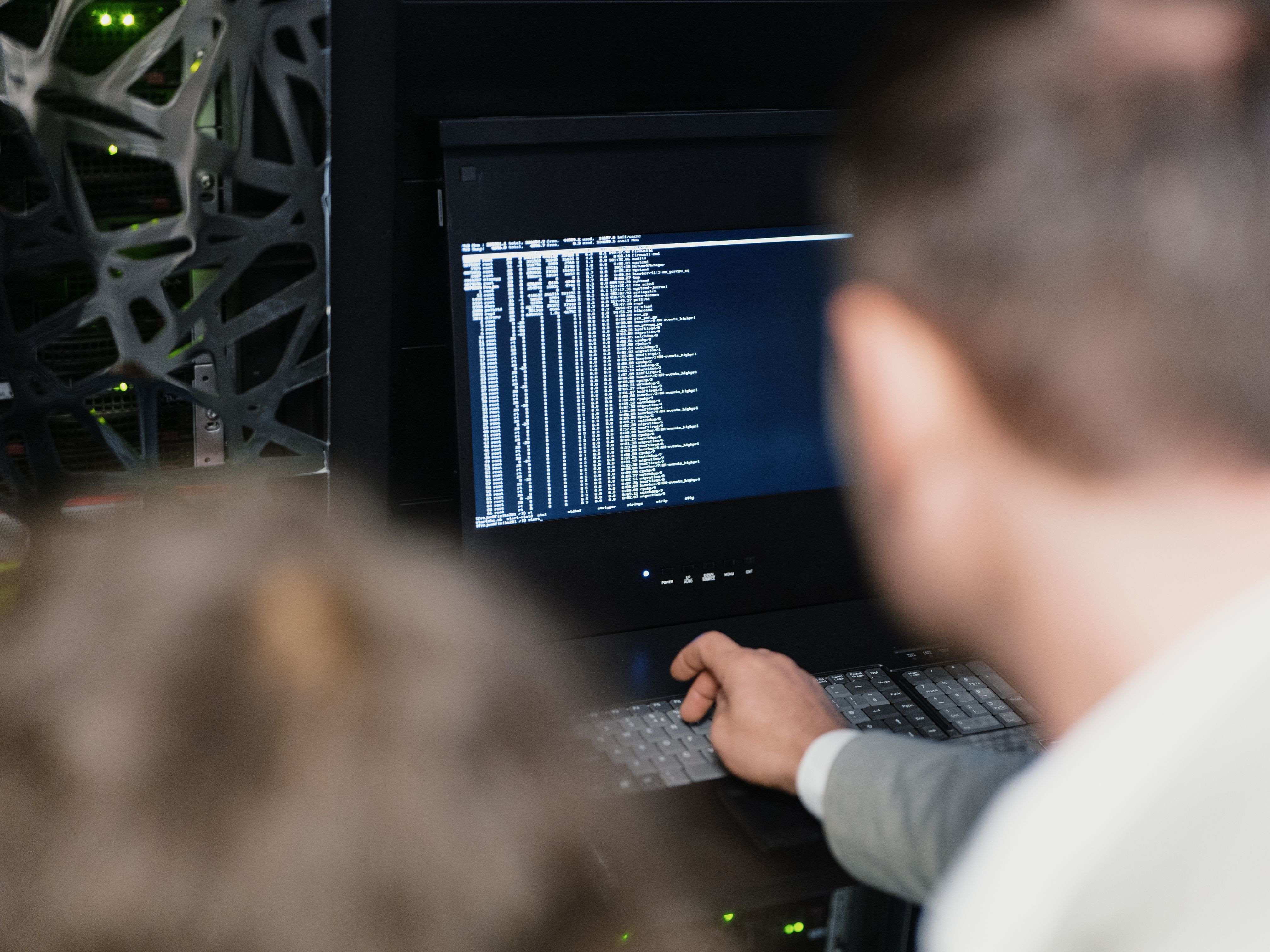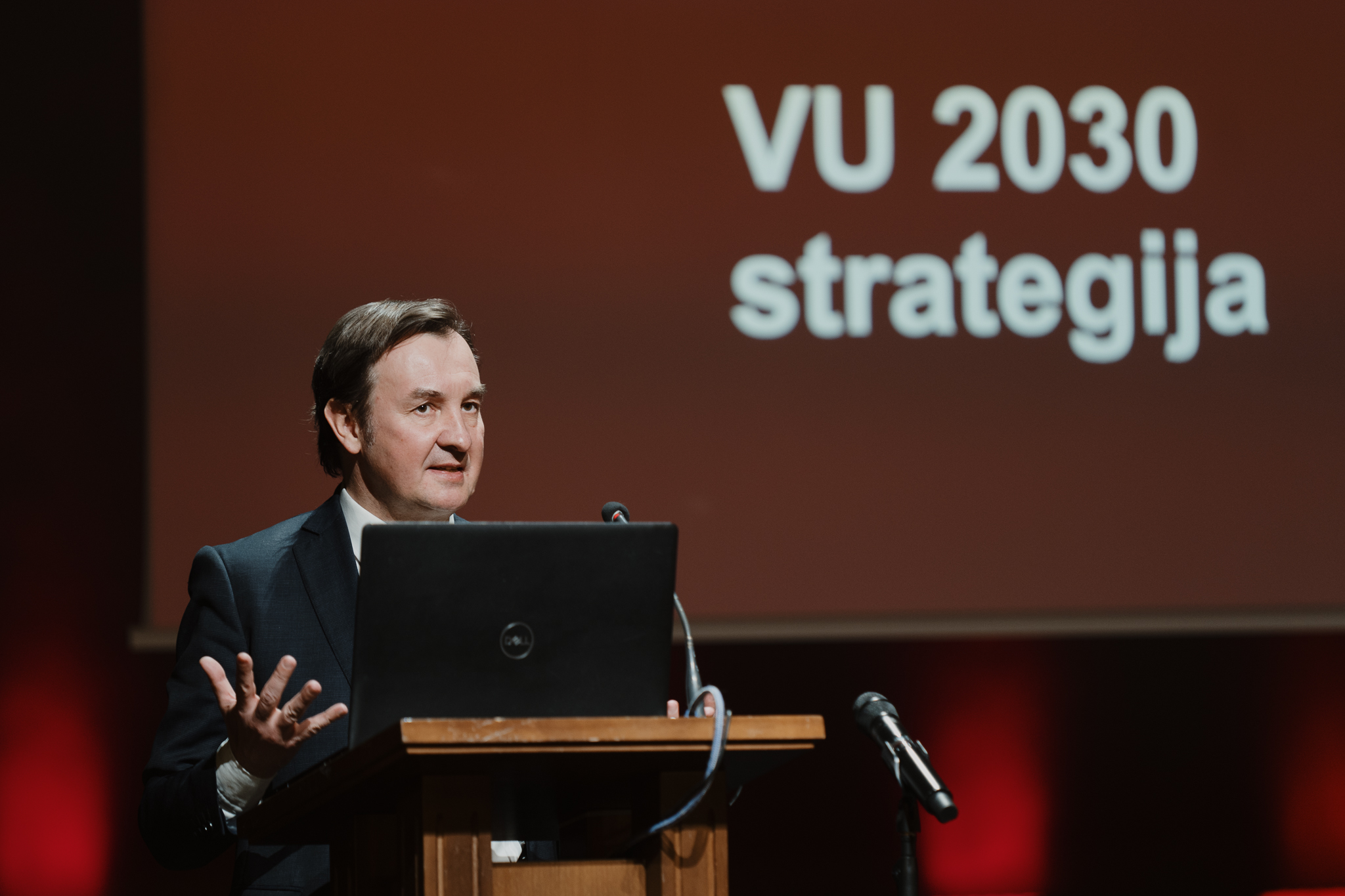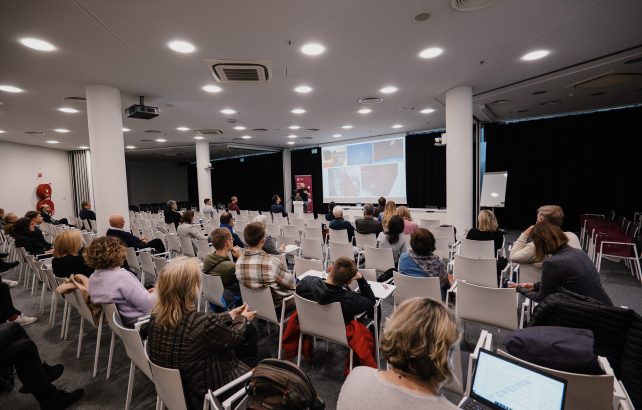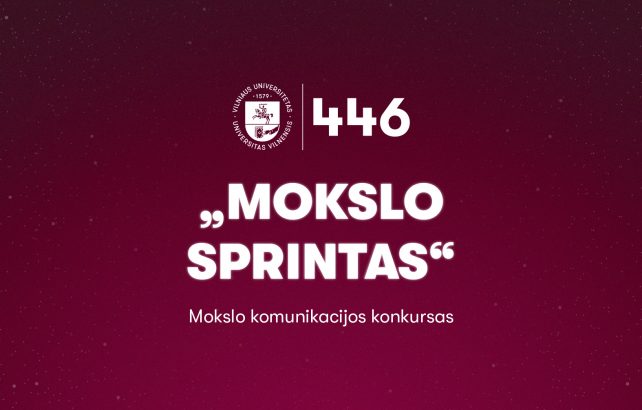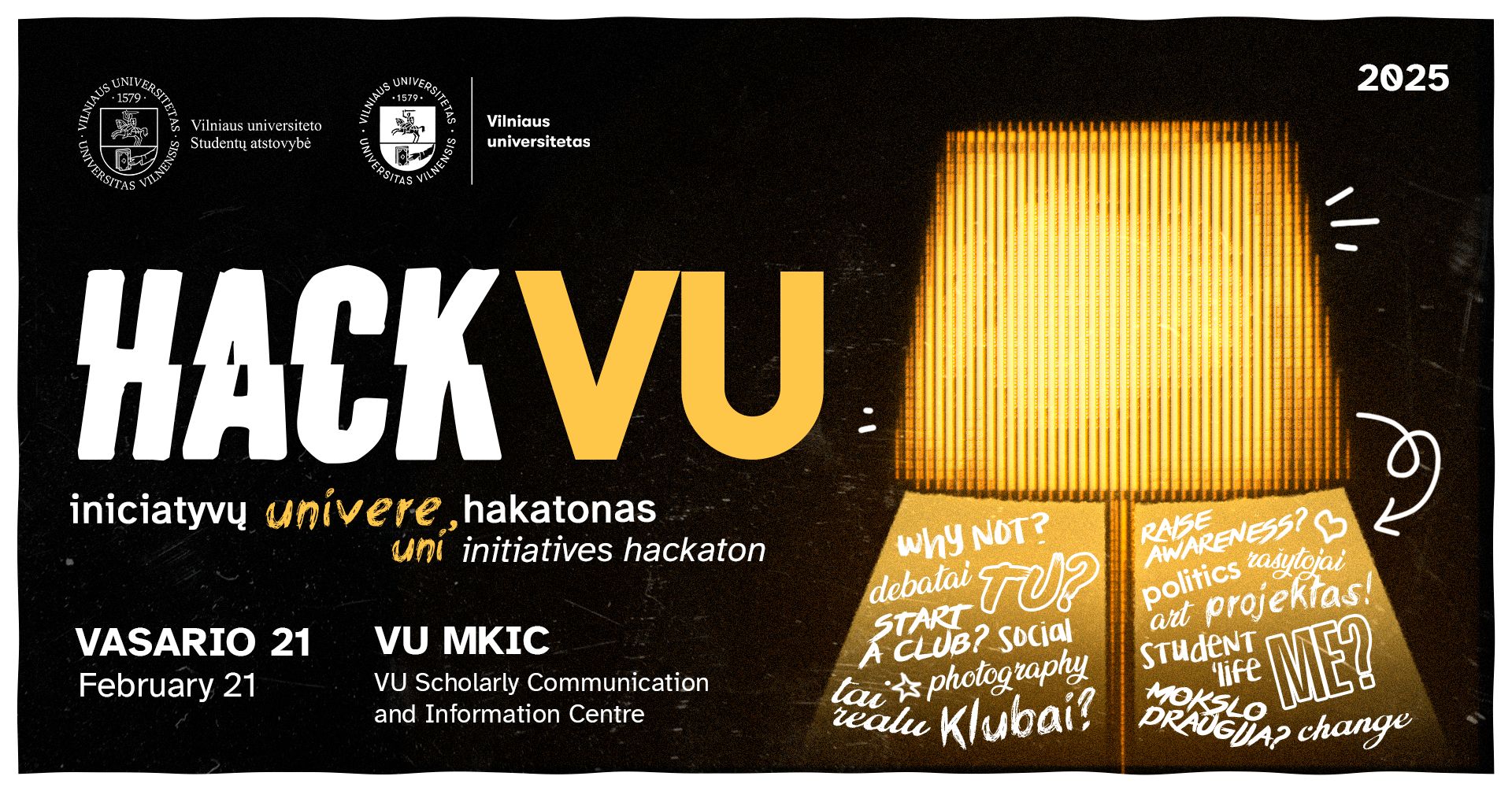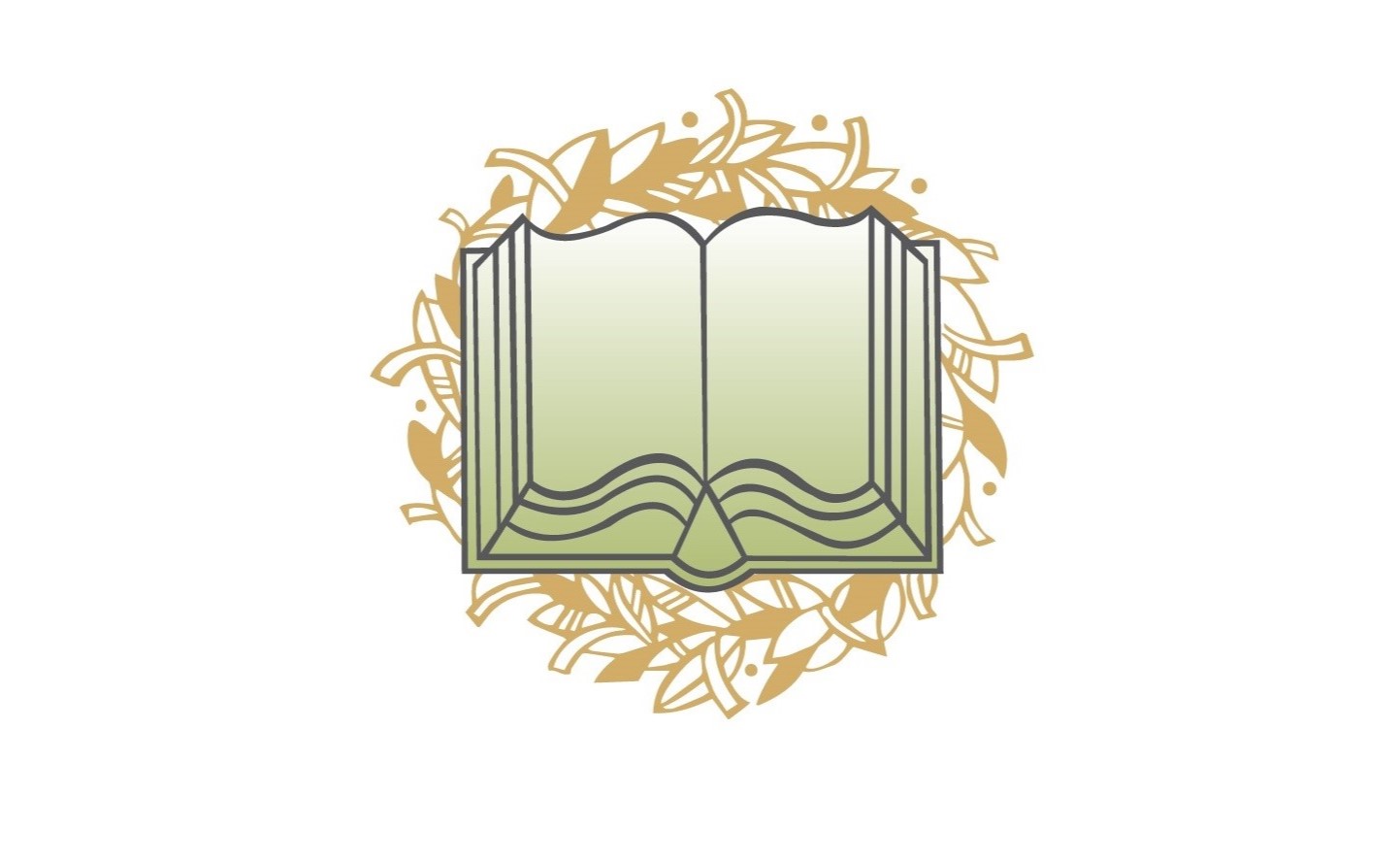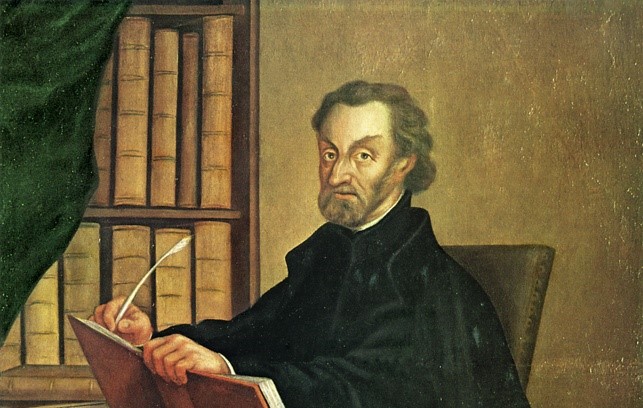The Primer on Multiphoton 3D Lithography by VU Researchers Published in ‘Nature Reviews’
Along with world-renowned experts, scientists from the Laser Research Center (LRC) at the Faculty of Physics of Vilnius University (VU) have prepared a comprehensive guide to advanced laser-based 3D printing technology. This fundamental research by the group led by Prof. Mangirdas Malinauskas has been published in the prestigious journal ‘Nature Reviews Methods Primers’ and highlights the leadership of Lithuanian scientists in high-tech fields.








